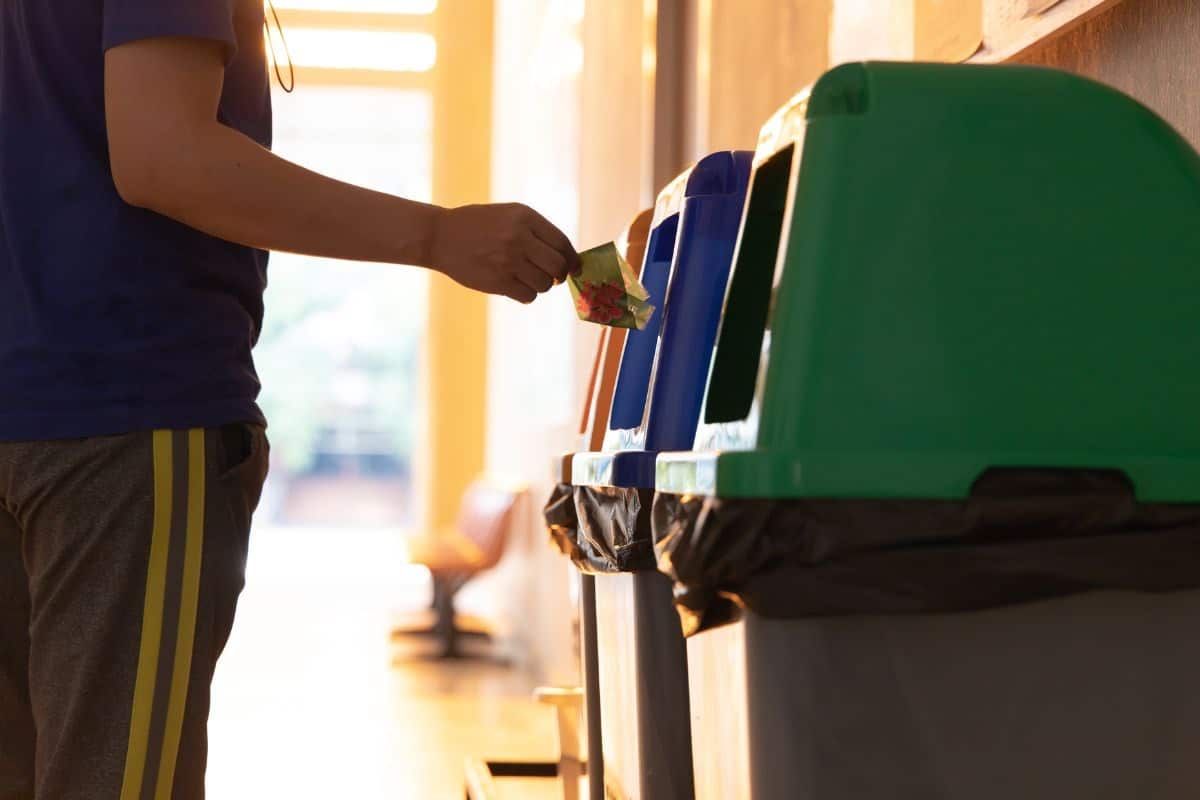Effective waste management is essential not only for fostering a clean and sustainable environment but also for significantly lowering operational costs for businesses.
By adopting efficient waste management strategies, companies can streamline their waste disposal methods while simultaneously reducing their ecological footprint.
This discussion will delve into ten actionable and economical waste management solutions that can enhance your business’ waste handling practices and, importantly, lead to substantial cost savings.
Implementing a robust waste management plan begins with conducting regular waste audits to identify the types and amounts of waste generated.
By conducting regular waste audits, businesses can identify the types and amounts of waste generated, allowing them to pinpoint areas where waste reduction strategies can be applied, such as minimizing food scraps, electronic waste, and hazardous materials.
By focusing on recycling initiatives and proper waste separation, organisations can divert recyclable materials from landfills, thus reducing waste disposal costs and promoting a circular economy.
Engaging employees in these practices not only raises awareness, but also fosters a culture of sustainability within the workplace.
What is Waste Management?
Waste Management mainly refers to the process involving collection, transportation, storage and disposal of waste.
It involves the proper handling and disposal of waste in such a manner that it is effective and causes minimal environmental impact.
Effective waste management is crucial to maintaining a clean and sustainable environment for your local council, community, and home-based business.
Why is Waste Management Important?
Waste management is important for the following reasons:
- To ensure and protect your health and that of your employees.
- To protect and adhere to public health regulations.
- To reduce water pollution further.
- It ensures the conservation of natural resources by reducing greenhouse gas emissions and mitigating climate change.
- Proper waste disposal saves money on disposal and waste management costs.
Effective Waste Management Strategies for Your Home-Based Business
Effective waste management is essential to sustainable business practices for any business, whether it is a small home-based business or a larger independent business. It ensures compliance with regulations and helps to reduce the environmental impact.
Similarly, effective waste management helps a business save costs, as poor waste management can quickly escalate disposal expenses and tarnish a company’s reputation.
So Here are eight strategies to help your home business enhance its waste management practices, and to foster a sustainable and responsible business model:

1. Assess Your Home-Business Waste
To establish a more strategic waste management plan, it is essential to first assess your current waste management practices and the types of waste your business deals with.
Measure Your Business Waste
To measure waste, you must sort and track waste bins to understand the types of waste your business produces, the quantity of waste produced and how frequently waste must be disposed of.
By doing this, you can establish areas for improvement in your waste management process and set goals to reduce waste and improve sustainability.
Types of Waste
It is also vital to understand the different types of waste that your home-based business generates to be able to sort it, especially for recycling.
- Household Waste – This includes food scraps, paper, cardboard, and other domestic types of waste.
- Organic Waste – This is all biodegradable waste types such as food, and yard trimmings.
- Electronic Waste – Anything from old computers or parts, phones, and electronic devices.
- Hazardous Waste – These include chemicals, batteries and dangerous or toxic materials.
2. Implement Waste Segregation
Any effective waste management plan begins by properly segregating waste into different categories. This serves as a crucial step, especially to optimize recycling efforts.
You can categorise waste into distinct streams, such as paper and cardboard, plastic, glass, hazardous waste, and organic waste materials.
This is essential for recycling and to reduce contamination. The practice of waste minimisation and segregation positively contributes to environmental sustainability and boosts your recycling efficiency, while significantly leading to cost savings.
4. Reduce Waste by Recycling and Reusing
One of the most effective methods of managing waste and reducing waste is to reuse and recycle.
You can effectively reduce waste by minimising the use of packaging materials, buying certain items needed for your business in bulk, or avoiding single-use products.
Also, try to reuse certain items or materials such as reusable bags and containers. Using a method of subrogation, you can separate recyclable waste into different categories or bins and participate in a local recycling program.
5. Implement Efficient Waste Disposal Methods
There are a few methods to dispose of waste available to the public and businesses:
- Landfills – They are the most common methods of waste disposal, however harmful to the environment. Waste Disposal services pick up waste from your business and then dispose of it in a local landfill area.
- Recycling – An option that is environmentally friendly to conserve natural resources. Joining a recycling program and segregating waste into different categories of recycling bins is necessary, where a recycling company will pick up the waste in appropriate bags or you may need to take it to the recycling plant.
- Composting – You can use household waste such as leaves, cuttings, vegetable or fruit peels in a compost bin or area on your property. It is an excellent method to transform organic waste into compost that will enrich the soil for better plant growth.
- Incineration – An effective method to manage mostly organic waste is by sending it to a local practice that incinerates the waste. This minimises the volume and amount of waste ending up in landfills and also contributes to energy recovery.
6. Implement Waste Management Practices for Efficient Disposal
Implementing and planning effective waste management practices ensures that you achieve efficient waste disposal. The plan should include factors such as reuse, recycling and reducing waste.
You can easily achieve this by joining a recycling or waste disposal program, such as community recycling programs and waste reduction initiatives.
It is also vital to have the appropriate recycling and composting tools and bins for recycling and using waste as compost, if these are your disposal options.
Manage Hazardous Waste
Any business that deals with hazardous waste must ensure that they have an established hazardous waste management plan.
Hazardous waste includes:
- Chemicals such as pain, thinners, oil or detergents.
- Batteries.
- Medical waste such as needles and glass.
- Any toxic materials.
Hazardous waste must be handled with care and disposed of properly to prevent harm to humans or the environment.
Safe Use and Disposal of Hazardous Materials
It is crucial to use hazardous materials only when necessary and to follow safety guidelines specific to that material.
Hazardous waste must be disposed of properly through proper disposal in a designated facility or program.
7. Implement Sustainable Practices
It is important to build a culture of environmental responsibility by educating employees and family members in your home-based business.
Encourage more sustainable waste disposal practices and provide them with the necessary resources to reduce waste, and dispose of waste appropriately.
Waste Management and Greenhouse Gas Emissions
You can easily reduce what is known as greenhouse gas emissions by minimising waste and implementing recycling practices.
More energy-efficient practices will reduce energy consumption, which saves you costs and is sustainable for the environment.
8. Evaluate Your Waste Management Performance
As a final step, it is important to measure your success using metrics and key performance indicators by doing the following:
- Track your waste reduction program and recycling rates.
- Monitor the costs of waste disposal methods and energy consumption by building waste up.
- Evaluate how effective your waste management practices are over a certain period.
In Conclusion
When you enhance your waste management processes, your business becomes more proactive in terms of organization strategies and sustainability.
Adopting measures such as robust communication channels, offering training, and verifying services with clients boosts your engagement in disposal initiatives, enhancing overall operational effectiveness.
Implementing a successful waste management plan will also save money for your business on disposal costs and ensure sustainability.








